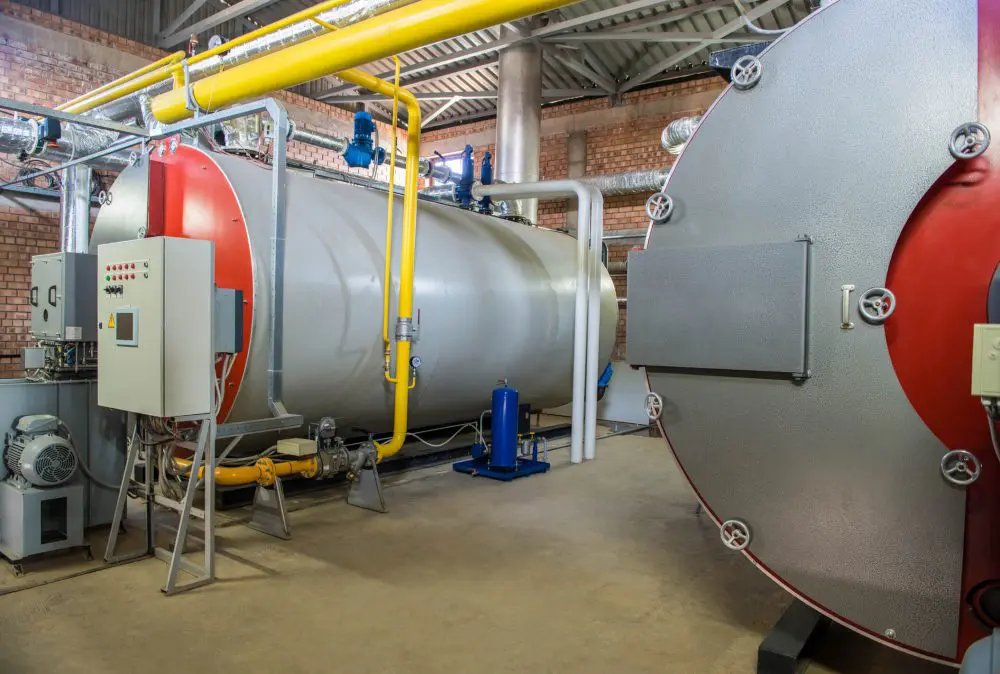Phosphate treatment programs precipitate calcium and magnesium hardness from boiler feedwater in the form of hydroxyapatite and serpentine. These compounds form sludge, which, when properly conditioned with polymers, is removed from the boiler via blowdown. When a significant excess of soluble orthophosphate and free hydroxide (caustic) alkalinity is maintained in the boiler water, calcium carbonate formation can be virtually eliminated. Polymeric dispersants or sludge conditioners are added with the phosphate to condition the sludge for improved removal from the boiler.
ChemTreat’s phosphate scale inhibitors always include polymers either blended in the solution or as supplements to prevent boiler scale deposits from forming on heat transfer surfaces. Phosphate treatment programs are recommended for scale deposits in the following conditions:
- Infrequent operator attention and testing
- Poor or nonexistent feedwater deaeration
- Water softeners are in use, but control is less than ideal
- Low treatment costs are desirable
- Boiler design, operating pressure, and steam production rates are compatible with precipitating chemistries
Care should be taken whenever phosphate scale inhibitors are used under the following set of operating conditions:
- High iron levels (>0.5 ppm) in the feedwater
- Feedwater hardness greater than ASME guidelines (>1.0 ppm)
- Feedwater economizers present
- Exceptional boiler internal cleanliness required


